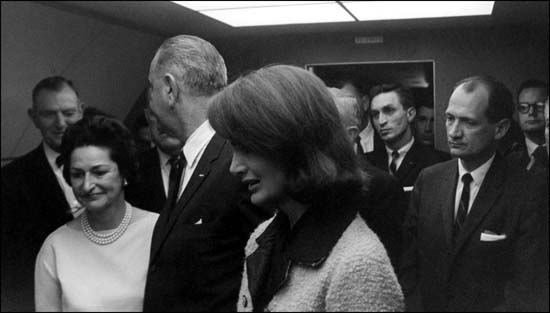Fidel Castro: 'Oswald Could Not Have Been the One Who Killed Kennedy'
Fidel told us at lunch—as he would—that none of his associates or officials had anything to do with the assassination, and that the Cuban embassy in Mexico City, which Oswald had visited, denied him permission to visit Cuba, fearing that he was a provocateur.
I asked Fidel why he thought Oswald could not have acted alone. He proceeded to tell the table a long and discursive story about an experiment he staged, after the assassination, to see if it were possible for a sniper to shoot Kennedy in the manner the assassination was alleged to have happened. “We had trained our people in the mountains during the war”—the Cuban revolution—“on these kind of telescopic sights. So we knew about this kind of shooting. We tried to recreate the circumstances of this shooting, but it wasn’t possible for one man to do. The news I had received is that one man killed Kennedy in his car with a rifle, but I deducted that this story was manufactured to fool people.”
He said his suspicions grew especially pronounced after Oswald was killed. “There was the story of Jack Ruby, who was said to be so moved by the death of Kennedy that he decided to shoot Oswald on his own. That was just unbelievable to us.”
I then asked Castro to tell us what he believes actually happened. I brought up the name of his friend, Oliver Stone, who suggested that it was the CIA and a group of anti-Castro Cubans (I used the term “anti-you Cubans” to describe these forces aligned against Castro) that plotted the assassination.
“Quite possibly,” he said. “This is quite possibly so. There were people in the American government who thought Kennedy was a traitor because he didn’t invade Cuba when he had the chance, when they were asking him. He was never forgiven for that.”
So that’s what you think might have happened?
“No doubt about it,” Fidel answered.
We talked a bit more about Kennedy and his legacy. He told us about his many subsequent contacts with members of Kennedy’s family, including with Maria Shriver. “She’s the one who married Schwarzenegger,” he said. “The world is a very small place.”
We turned to other subjects, but Fidel came back to Kennedy once more, the next day, when he said to me, apropos of nothing, “Kennedy was very young.”
I later asked Julia Sweig what this might have meant. For Castro, she said, Kennedy may forever stand for something out of reach. “He’ll never know what would have happened had J.F.K. lived. He may have reserved for Kennedy in his own mind the possibility of greatness. It’s completely fascinating and frustrating to him.”
http://www.theatlantic.com/internationa ... dy/281674/ 








